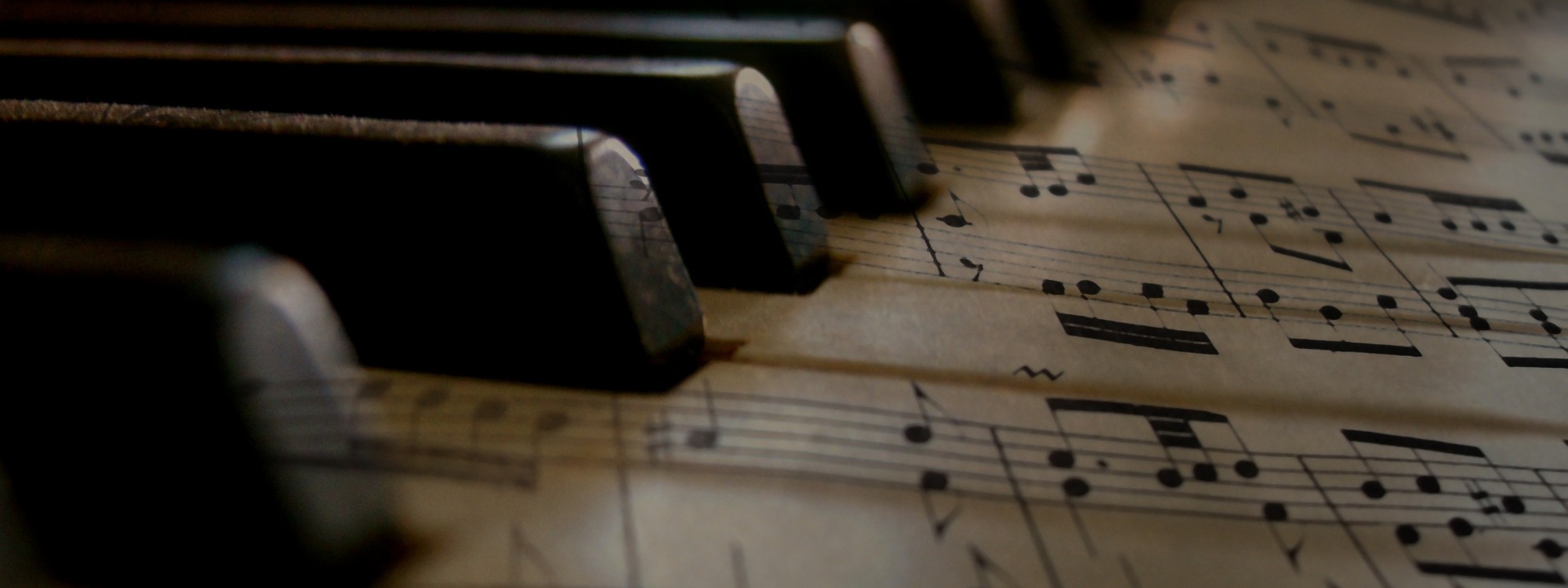
Music
Our curriculum is inclusive, absorbing, relevant, varied and progressive – all of which produce active and confident students.
Music is an incredibly varied subject, encompassing practical, listening and creative skills, self-management, problem-solving, and communicative. The curriculum has been designed to scaffold practical musical skills from Year 7 to Year 13, carefully sequenced, linking all musical activities to the act of making music. We encourage all students to take part in the extra-curricular programmes, such as Choir, Brass Group, Orchestra, Theory Club and more along with instrumental and vocal lessons to develop their instrumental/singing skills and general musicianship. The learning experiences are high quality and authentic, with clear progression routes.
All music should be rooted in an authentic musical activity, including all theory and listening skills; hence, our curriculum is delivered through primarily practical means. Schemes of Learning from Year 7 to Year 13 have been developed to offer numerous opportunities to interweave substantive and disciplinary knowledge from the start of year 7, meaning content is embedded into students’ long-term memory. While the curriculum is incredibly broad and allows for students to explore unfamiliar musical traditions, the topics have been carefully chosen to explore the key concepts aimed at each key stage.
Students build on their previous knowledge and skills through performing, composing and listening. They develop their vocal and/or instrumental fluency, accuracy and expressiveness; and understand musical structures, styles, genres and traditions, identifying the expressive use of musical dimensions. They listen with increasing discrimination and awareness to inform their practice as musicians. They use technologies appropriately and appreciate and understand a wide range of musical contexts and styles.
Minimum Entry Criteria
Desired: 7 in Music or Grade 5 practical as a singer or instrumentalist and Grade 5 theory
Board
Edexcel
Outline of the Course
- Component 1: Performing
The purpose of this component is to assess students’ performing skills in a solo and/or ensemble context. You will be given the opportunity to rehearse and refine performances on your chosen instrument or voice, developing technical control, expression and interpretative skills
- Component 2: Composing
The purpose of this component is to assess students’ skills in composing music. You will learn more of the processes involved in creating music through developing the technical and expressive skills needed by a composer. You will explore a range of compositional starting points, investigate a range of techniques and develop musical ideas
- Unit 3: Appraising
The purpose of this component is to develop students’ knowledge and understanding of musical elements, contexts and language. Building and gaining the skills for an independent analytical approach you will then be able apply your knowledge and skills to unfamiliar works
Application of knowledge through the context of six areas of study, each with at least two set works.
- Vocal Music
- Instrumental Music
- Music for Film
- Popular Music and Jazz
- Fusions
- New Directions
Assessment
|
Type of Assessment |
Duration |
Weighting |
|
|
1 |
Coursework – Performance: A public solo or ensemble recital of one or more pieces |
Min. 8 minutes |
30% |
|
2 |
Coursework – Composition: Two compositions, one set by the exam board, and one either free composition or also to a brief |
Min. 6 minutes |
30% |
|
3 |
Examination: |
2 hours 10 minutes |
40% |
Bridging Task - MusicBridging Task Part Two - Music








